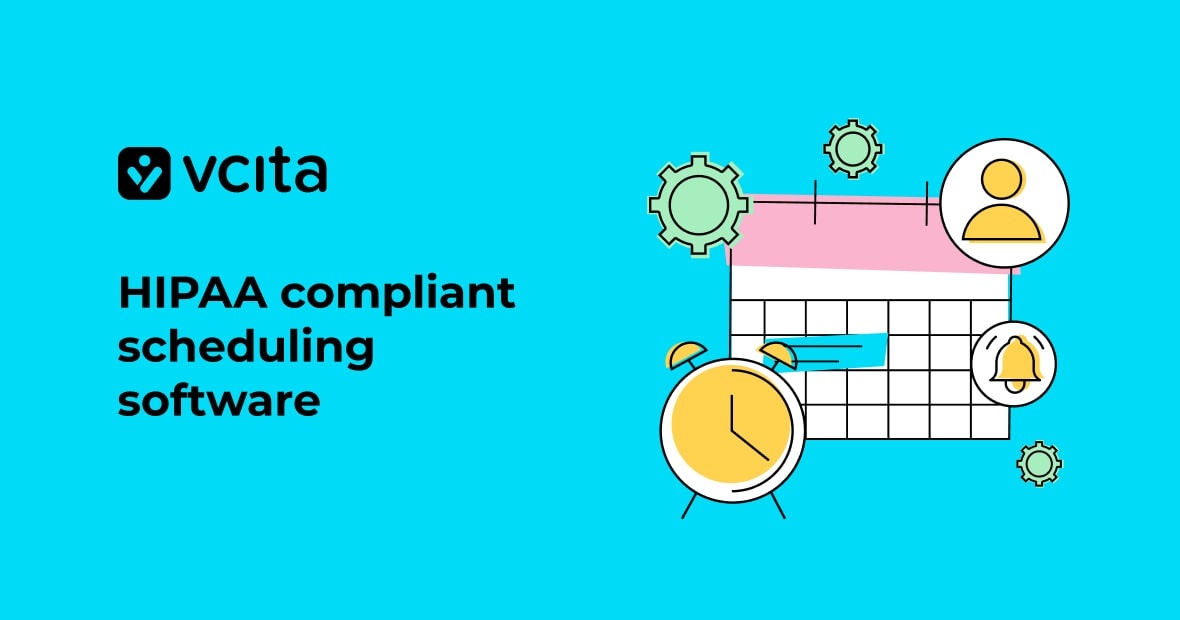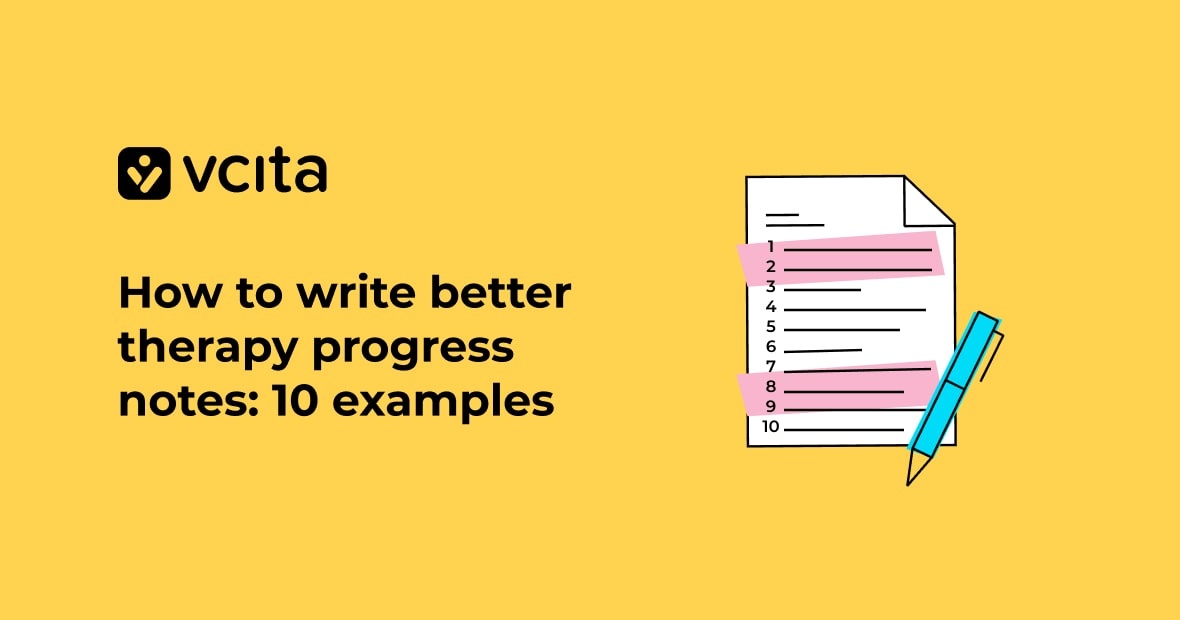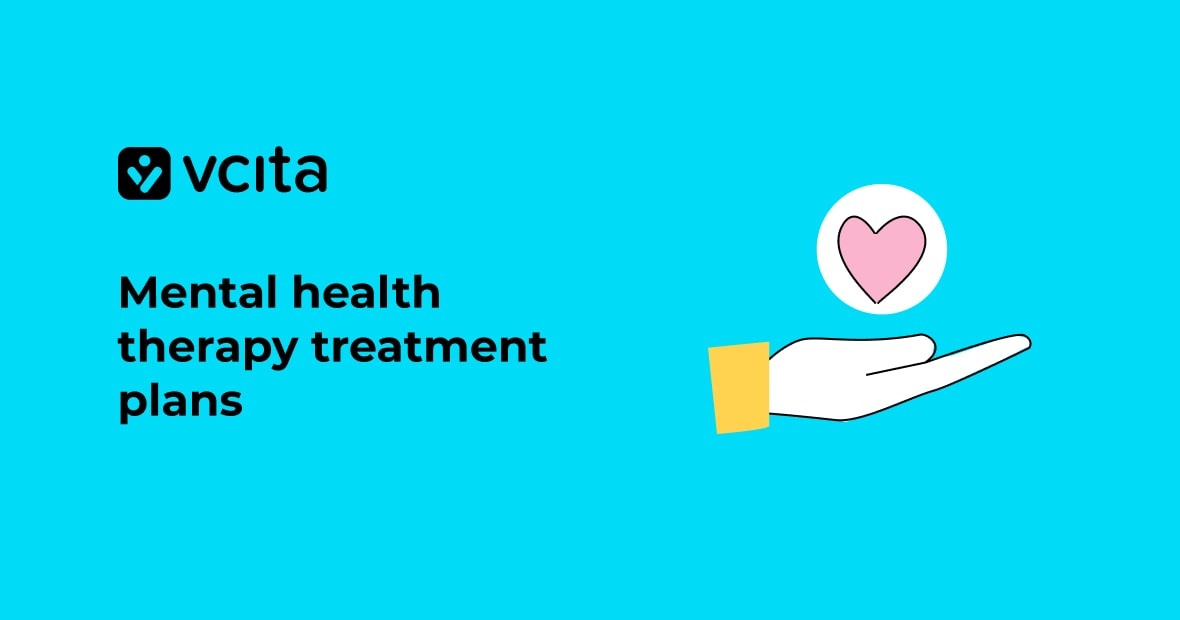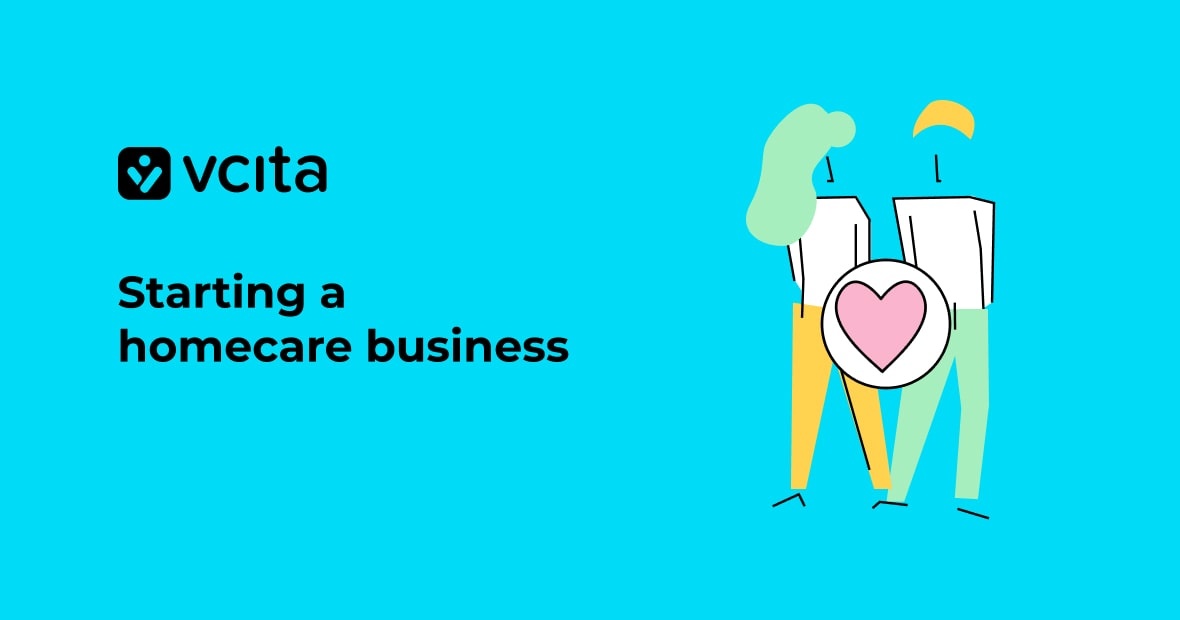Within the last decade, healthcare has become one of the industries most susceptible to data leaks and attacks. According to the U.S. Department of Health and Human Services, between 2009-22 there were over 5,100 healthcare data breaches that affected 500 or more medical records. Since healthcare businesses handle highly-sensitive data, it’s important to use HIPAA compliant scheduling software to keep patient data secure.
Here’s how using a HIPAA compliant scheduling app helps healthcare providers efficiently manage appointments, patient details, and data while complying with privacy laws.
What is HIPAA compliance?
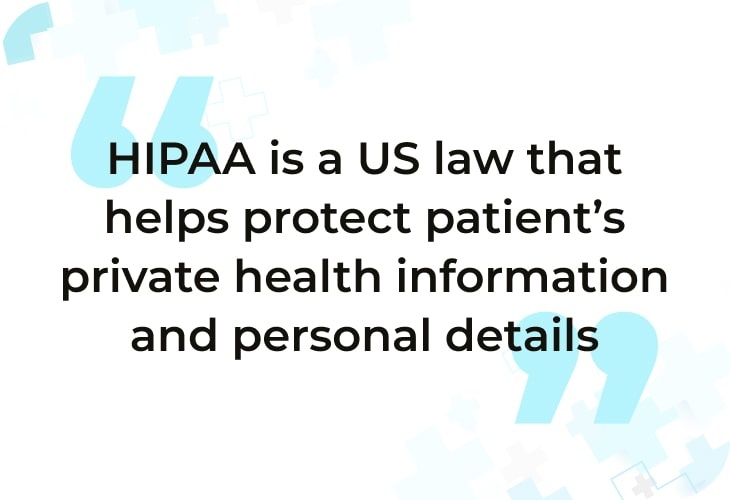
The Health Insurance Portability and Accountability Act (HIPAA) is a US law that helps protect patients’ private health information and personal details. In order to be HIPAA compliant, healthcare organizations must follow this law carefully, making sure that any private information about a patient’s health is kept safe and isn’t shared without permission.
You need to train your staff on privacy requirements, such as what, how, and where they can store and share information. For example, they should know that they can’t use non-HIPAA compliant channels such as Messenger or Google Docs to, say, share blood test results with patients. HIPAA compliance applies to both electronic and physical documents. In short, if an organization doesn’t follow the rules outlined in HIPAA, they risk receiving a substantial fine and reputational damage.
Any US-based healthcare organizations that use scheduling software or medical practice management software, need to double-check that the tools are HIPAA compliant.
What is included in HIPAA compliance?
HIPAA compliance is broken down into three main rules:
- The Privacy Rule covers what protected health information (PHI) is, when it can be used, and who has access to it. It ensures that only the necessary people can see or use a patient’s private health details.
- The Security Rule focuses on keeping electronic health records safe. Healthcare providers are required to protect electronic health information from theft or leaks using secure systems and practices.
- The Breach Notification Rule requires healthcare providers to notify someone if their private health information is leaked or falls into the wrong hands. Any large breaches must also be reported to the Department of Health and Human Services. HIPAA certification enables healthcare providers to establish robust protocols for breach notification, ensuring compliance with regulatory requirements and swift actions to mitigate risks to patient privacy.
What is not covered under HIPAA?
There are some parties that aren’t required to follow the HIPAA Privacy Rule — they’re known as ‘non-covered’ entities. There are two main types: business associates and hybrid entities.
Business associates are individuals or companies that handle protected health information (PHI) on behalf of healthcare providers but aren’t directly involved in patient care. On the other hand, hybrid entities are organizations that have parts covered by HIPAA and parts that aren’t.
Although these entities aren’t fully governed by the HIPAA Privacy Rule, they may still need to follow parts of HIPAA, like the Security Rule and the Breach Notification Rule. They might also have legal responsibilities in the specific state they operate in.
Examples of non-covered HIPAA entities include health social media apps such as MyFitnessPal and wearable devices such as FitBit. They manage health data but don’t fall under HIPAA regulations.
HIPAA Appointment Scheduling Guidelines
Here’s what healthcare providers need to know about HIPAA compliant online scheduling.
Does healthcare appointment scheduling software need to be HIPAA compliant?
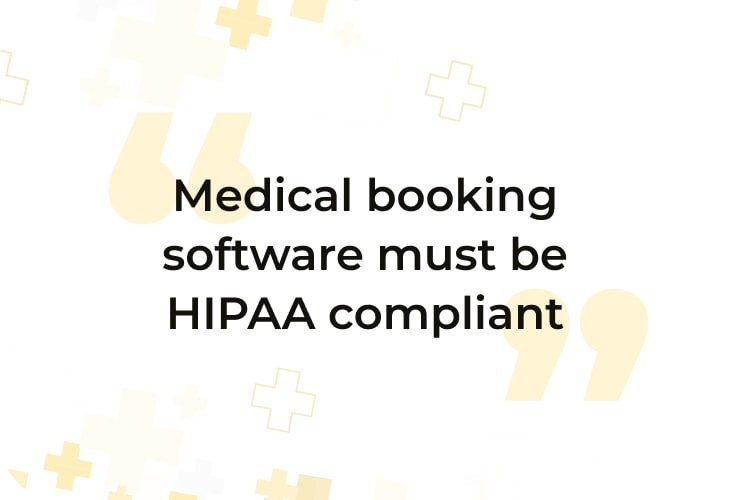
Any medical booking software used by healthcare providers (including dental scheduling software) that involves the use or potential disclosure of protected health information (PHI) must be HIPAA compliant. PHI includes any information that can identify a patient, like their name or address, and relates to their health status, treatment, or payment. So, if a doctor’s office uses appointment scheduling software where patients input their name and reason for the visit, that software needs to follow HIPAA rules.
What’s more, if a third-party scheduling app manages patient health data, it’s designated as a ‘business associate’ under HIPAA and must secure a protective Business Associate Agreement (BAA).
What procedure do you follow when scheduling a patient’s appointment?
For anyone scheduling patient appointments, there are two key considerations: the patient experience and ensuring HIPAA compliance.
When it comes to patient experience, consider:
- Offering morning and afternoon slots: this allows you to fill your schedule efficiently. Ideally, schedule morning appointments from noon backwards and afternoon appointments from noon onwards. This helps to make full use of the day’s time.
- Prioritizing appointments based on urgency: not all patient visits require the same level of care or last the same amount of time. By considering these factors, you can ensure critical cases receive the right level of attention.
- Implementing an appointment reminder system: this reduces no-shows, which can be costly and inconvenient.
- Creating a waitlist for late cancellations: late cancellations can leave unwanted gaps in your schedule. A waitlist lets you notify other patients of the open slot, making the most of your time and resources.
To ensure HIPAA compliance:
- Avoid sending unencrypted personal health information in reminders: this helps prevent unauthorized access to sensitive patient information.
- Prevent your scheduling app from syncing with third-party calendars: this further safeguards patient data from potential breaches.
- Obtain patient consent to use and disclose their health information: this is a crucial aspect of HIPAA compliance.
- Limit access to the scheduling system to authorized staff only: this reduces the risk of accidental or intentional data breaches.
- Provide staff training in compliance and security: knowledgeable staff are your first line of defense against breaches.
- Prepare a breach notification plan: in case of a security incident, you’ll be prepared to notify affected parties promptly and appropriately.
Are appointment reminders allowed under HIPAA?
Usually, healthcare scheduling systems rely on sending appointment reminders to patients ahead of their visit. This ensures they get the care they need on time and keeps your healthcare practice running smoothly.
Are email appointment reminders HIPAA compliant?
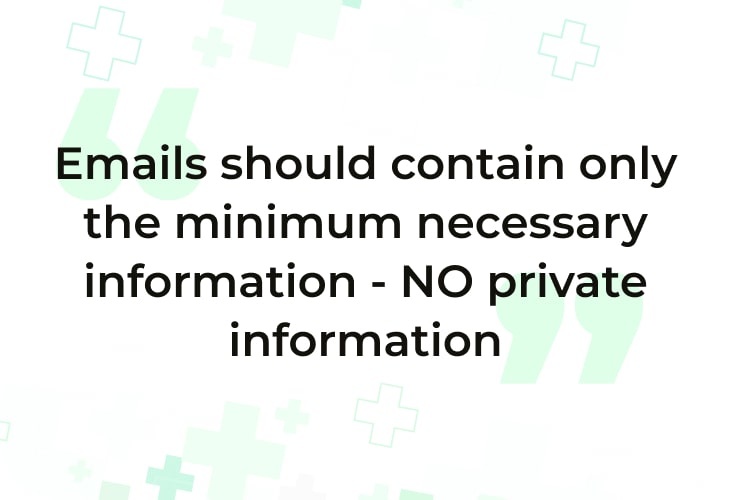
Emails are an effective and legal way to communicate with patients, as recognized by the Department of Health and Human Services. However, healthcare providers must take certain precautions to ensure the privacy and security of protected health information (PHI). The email should contain only the minimum necessary information, like the date and time of the appointment, and avoid sensitive details about the patient’s condition.
In addition, the use of secure, encrypted email services is recommended to protect against any unauthorized access. It’s also good practice to have patients consent to receiving email reminders so they understand there may be some risk of PHI exposure.
Are text appointment reminders HIPAA compliant?
vcita is the key to managing your healthcare practice efficiently and in line with HIPAA. It automates tasks like appointment scheduling, patient follow-ups, paperwork, and payment collection, creating a seamless experience for your patients and saving you valuable time. With vcita, you can focus on patient care, confident that your good work complies with privacy laws.
For example, vcita, a growing multi-location clinic, uses vcita to manage HIPAA-compliant scheduling, communications, payments, and patient records. Since implementing vcita, they’ve grown to over 2,000 patients in under 18 months and seen up to 300% year-over-year growth- all while maintaining secure, seamless care. Read their full story →
HIPAA compliant scheduling software is key to maintaining data security
A HIPAA compliant appointment scheduler like vcita provides a secure platform for managing appointments, patient information, and sensitive data. It follows HIPAA regulations to the letter to ensure that protected health information (PHI) doesn’t fall into the wrong hands. It gives healthcare providers peace of mind, allowing them to efficiently manage operations knowing that they’re prioritizing patient privacy and data security.
























